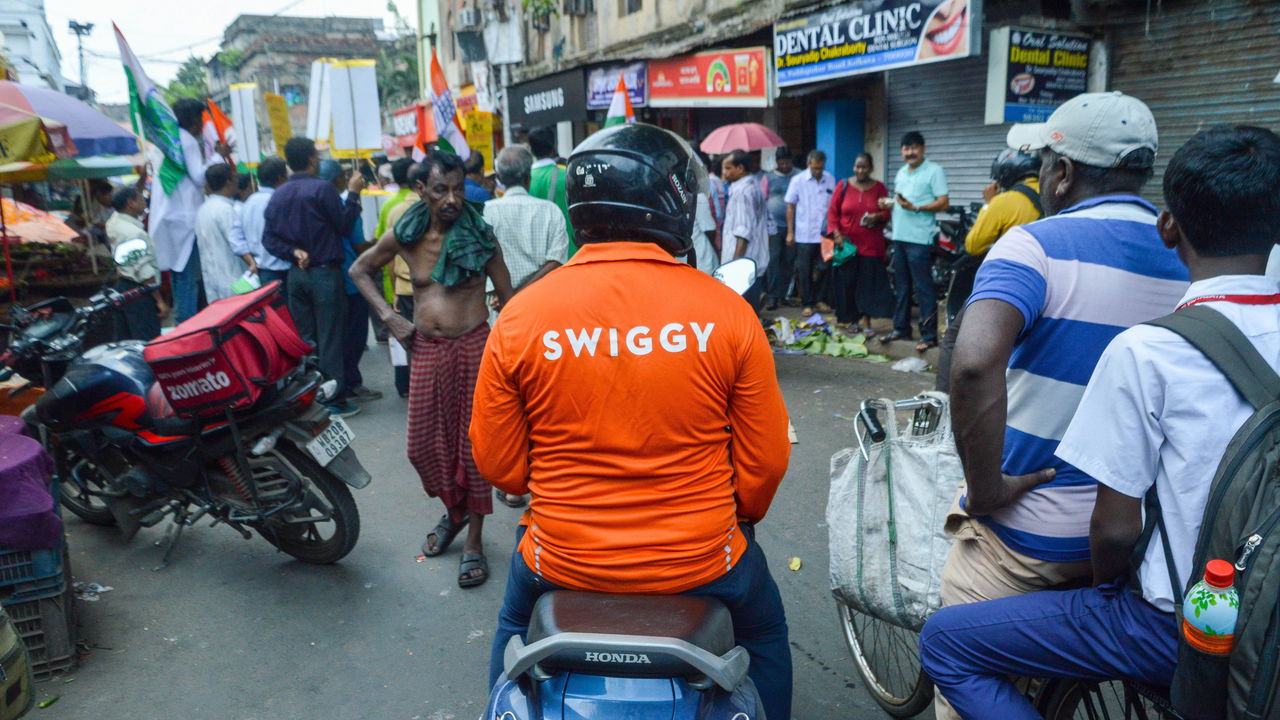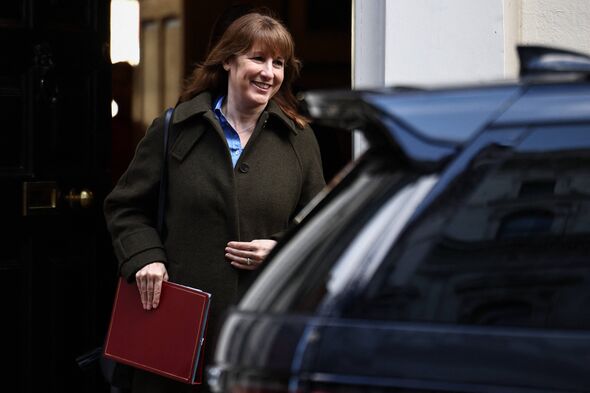
The gridlocked streets of India’s big cities are not blocked to everything. Tiny scooters laden with packages slip past cars, jump traffic lights and bounce over what pavements exist. Goods range from a tub of ice cream or a handful of pomegranate seeds to a coffee pot or even an iPhone. Such two-wheeled delivery services have taken off over the past four years, often promising to bring items in ten minutes in cities where it can take that time to cross a busy street.
Three companies dominate this business: Zomato, Zepto and Swiggy, which on September 26th announced an initial public offering that may value the firm at $15bn. Although that outshines the $12bn valuation accorded to Zomato when it listed in 2021, Swiggy has some catching up to do. Zomato is valued at $28bn today, and is now earning money, having made a net profit of $73m over the past four quarters. Swiggy lost $285m in the fiscal year to March, but that is at least an improvement on losses of $520m in the previous year.
Investors may be seduced by Swiggy’s growth to date. In three years revenues have nearly doubled to $1.4bn, as the number of users has swollen from 35m to 47m. The number of riders, paid a mere 69 cents per order, has almost doubled since 2022 to 457,000. Each delivers on average 463 packages a month. Since 2022 four warehouses have expanded to 50 and Swiggy has built nearly 540 “dark stores”, which exist only to fulfil online orders, are packed with common items and are positioned to ensure fast deliveries.
The convenience of a doorstep service is not limited to the many Indians living in tiny homes, where rapid deliveries save devoting space to storage. Rather than reaching into a cupboard, people can now swipe on an app. But the number of restaurants whose orders are delivered through Swiggy has also jumped, from 129,000 in 2022 to 224,000 by the end of June. The opportunity to satisfy the rapidly growing taste for fast delivery has drawn in competitors beyond Swiggy and its rivals. Restaurants would rather skip Swiggy’s cut of up to 18% of the value of meals. Amazon and Flipkart excel at logistics and can deliver almost anything, albeit not quite as fast.
Competition is not Swiggy’s only concern. As its prospectus notes, fast delivery depends on the hygiene and quality of the companies whose deliveries it carries, but over which it has little control. Swiggy also faces a mountain of legal claims, ranging from lacking a proper business licence and non-payment of a goods-and-service tax to not making proper pension contributions and experiencing delays in processing refunds. It even faces an investigation by the competition authorities. But such obstacles in India are as common as the potholes Swiggy’s riders have to skirt, and none seems to worry investors. More important is that Indians evidently, and increasingly, prefer a trip to the front door over a trip to the shops.■
To stay on top of the biggest stories in business and technology, sign up to the Bottom Line, our weekly subscriber-only newsletter.

















